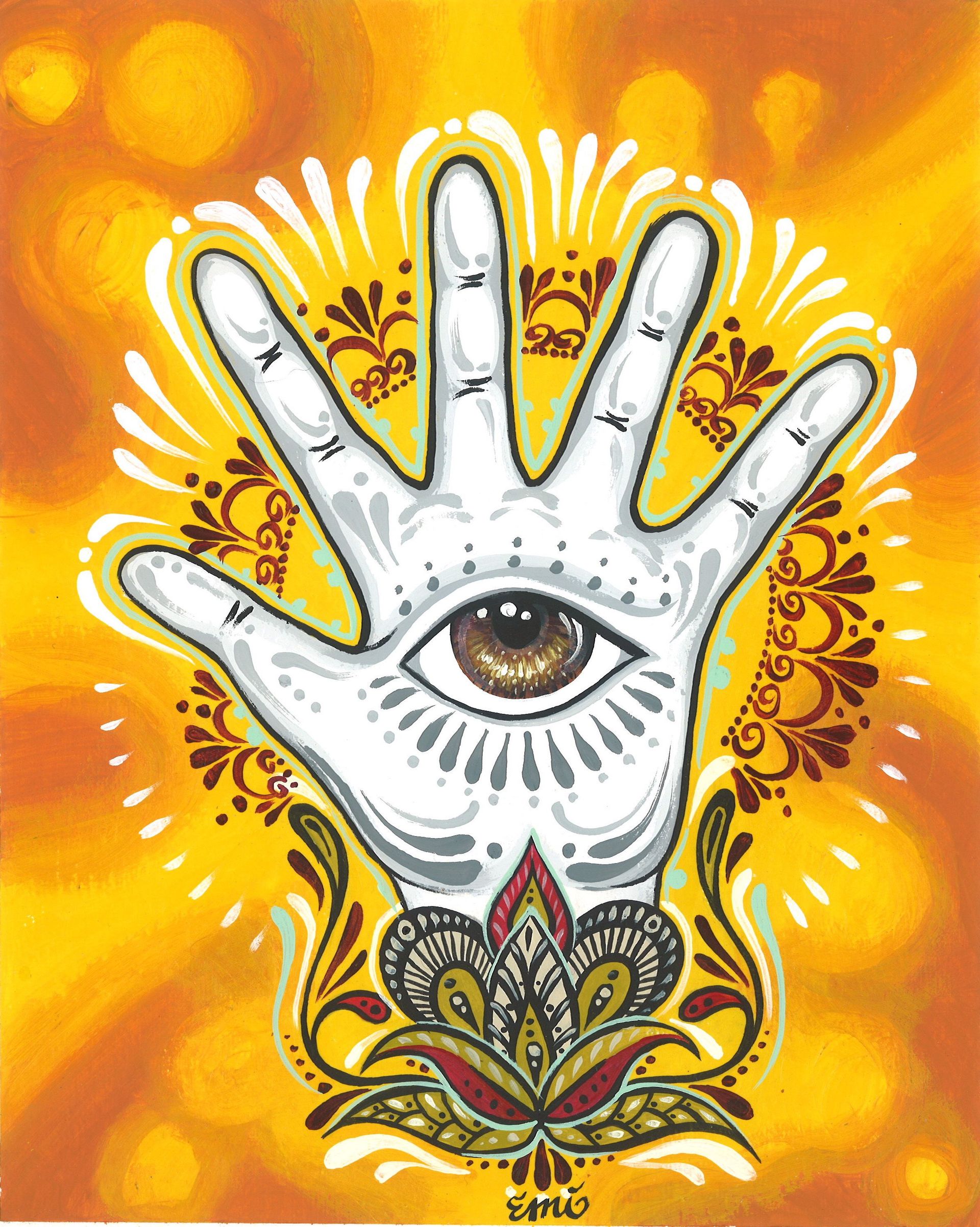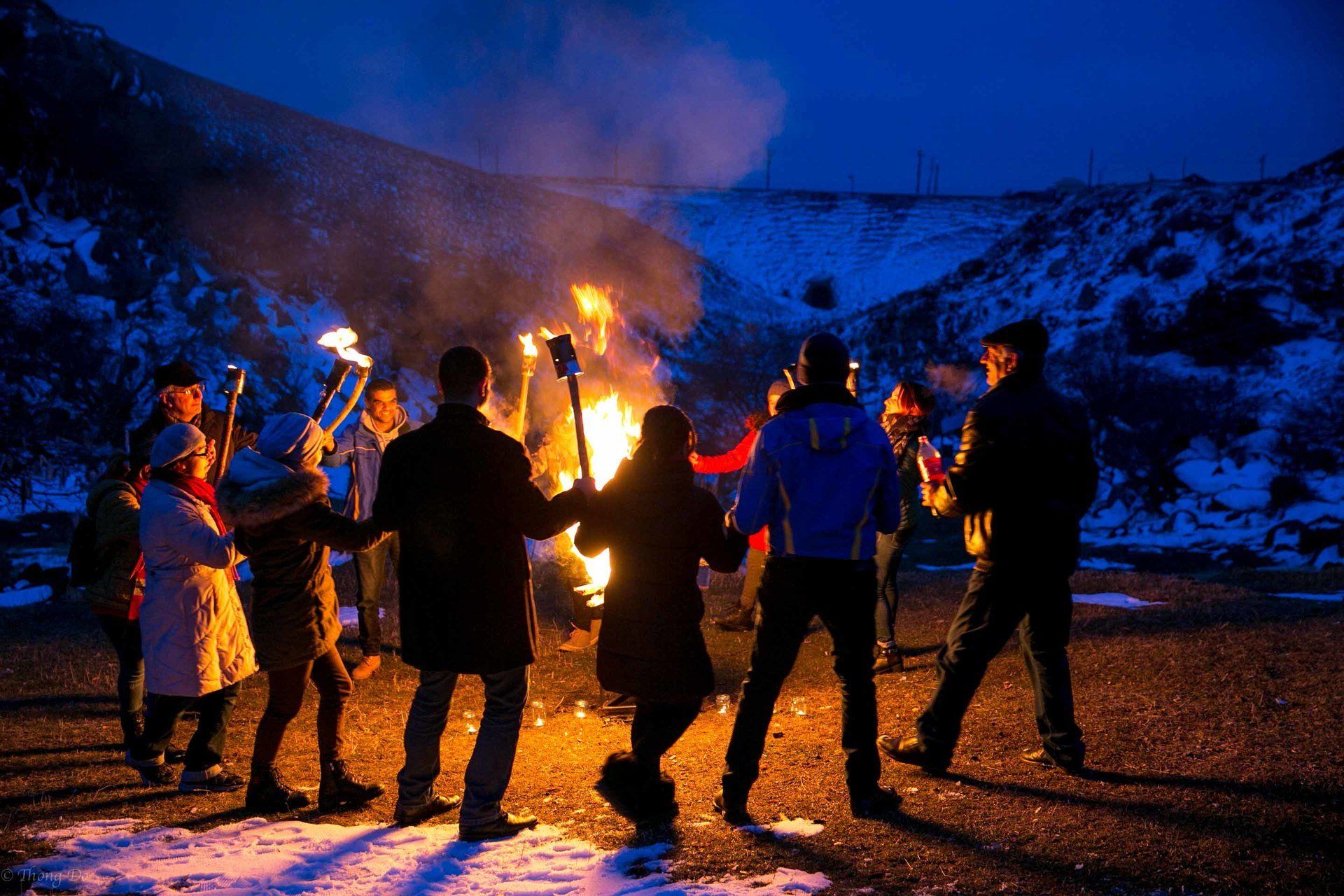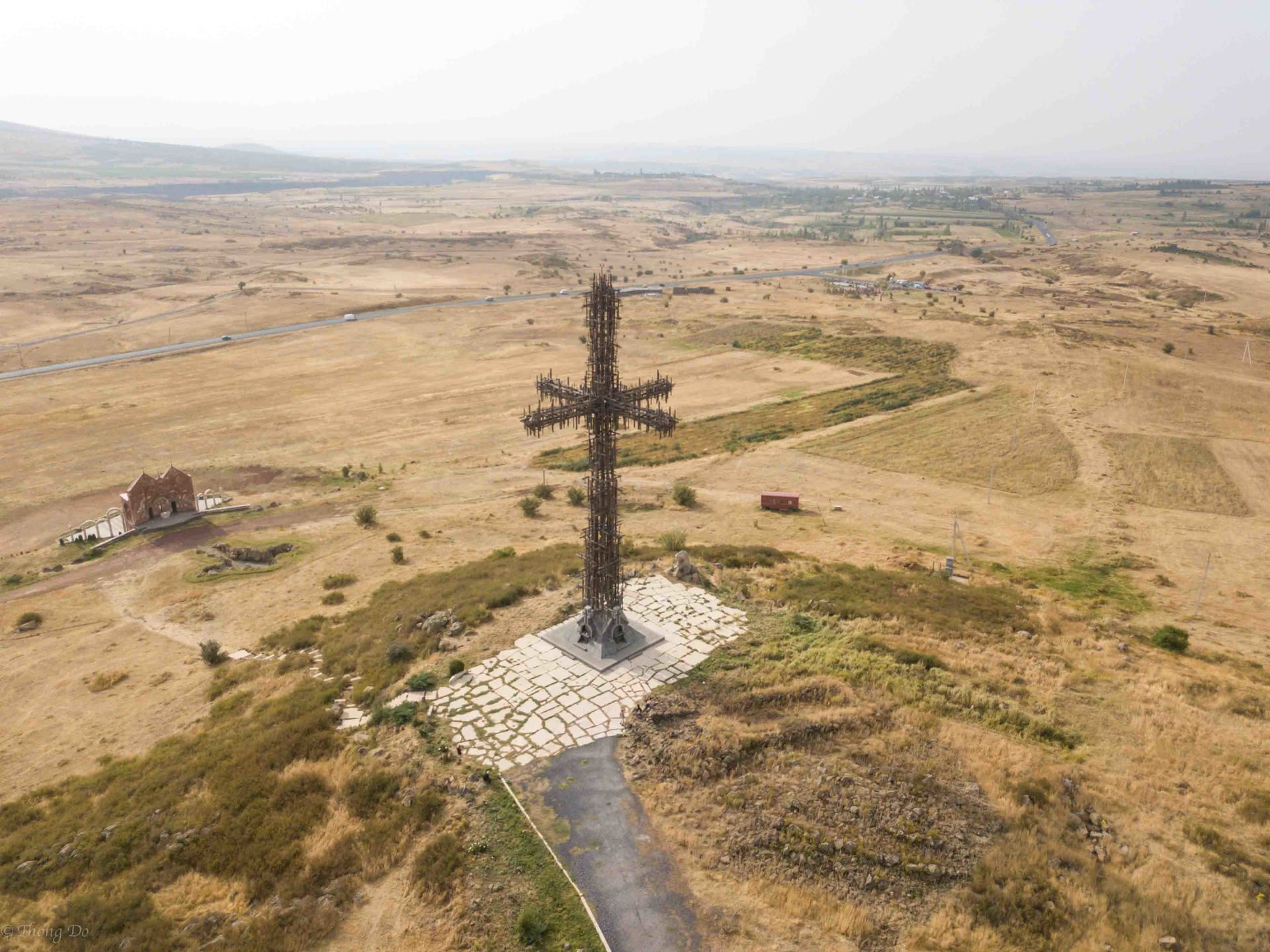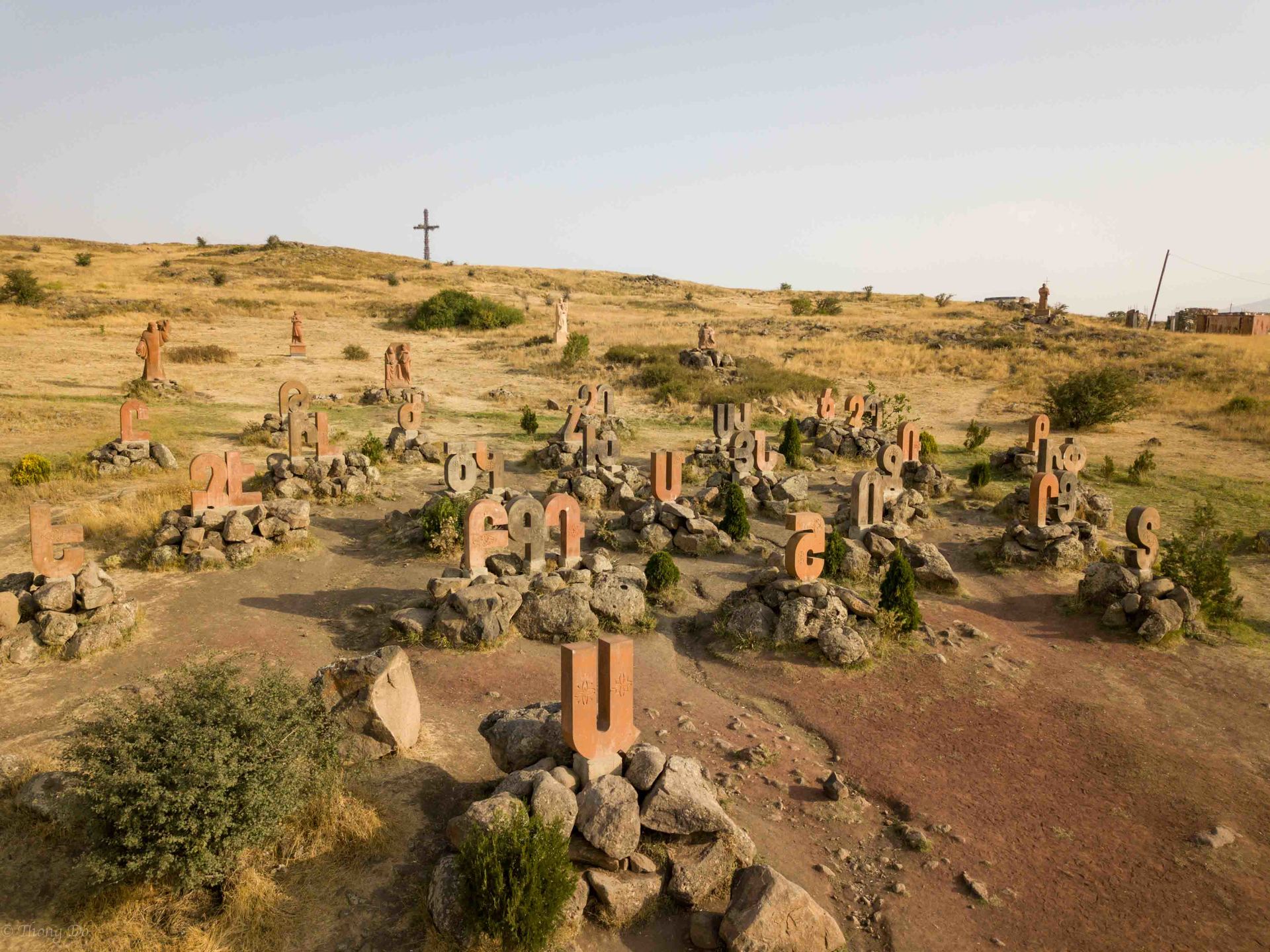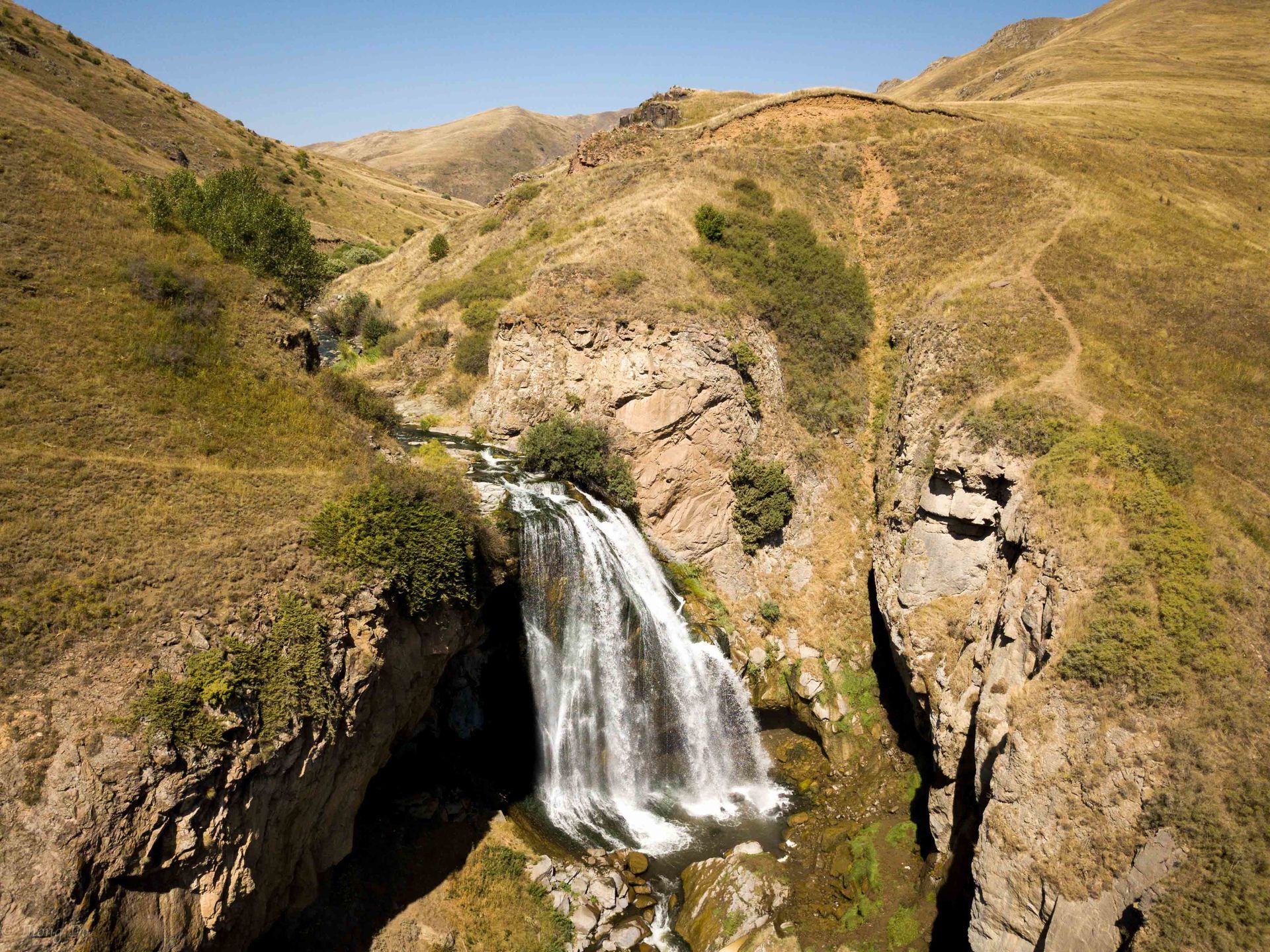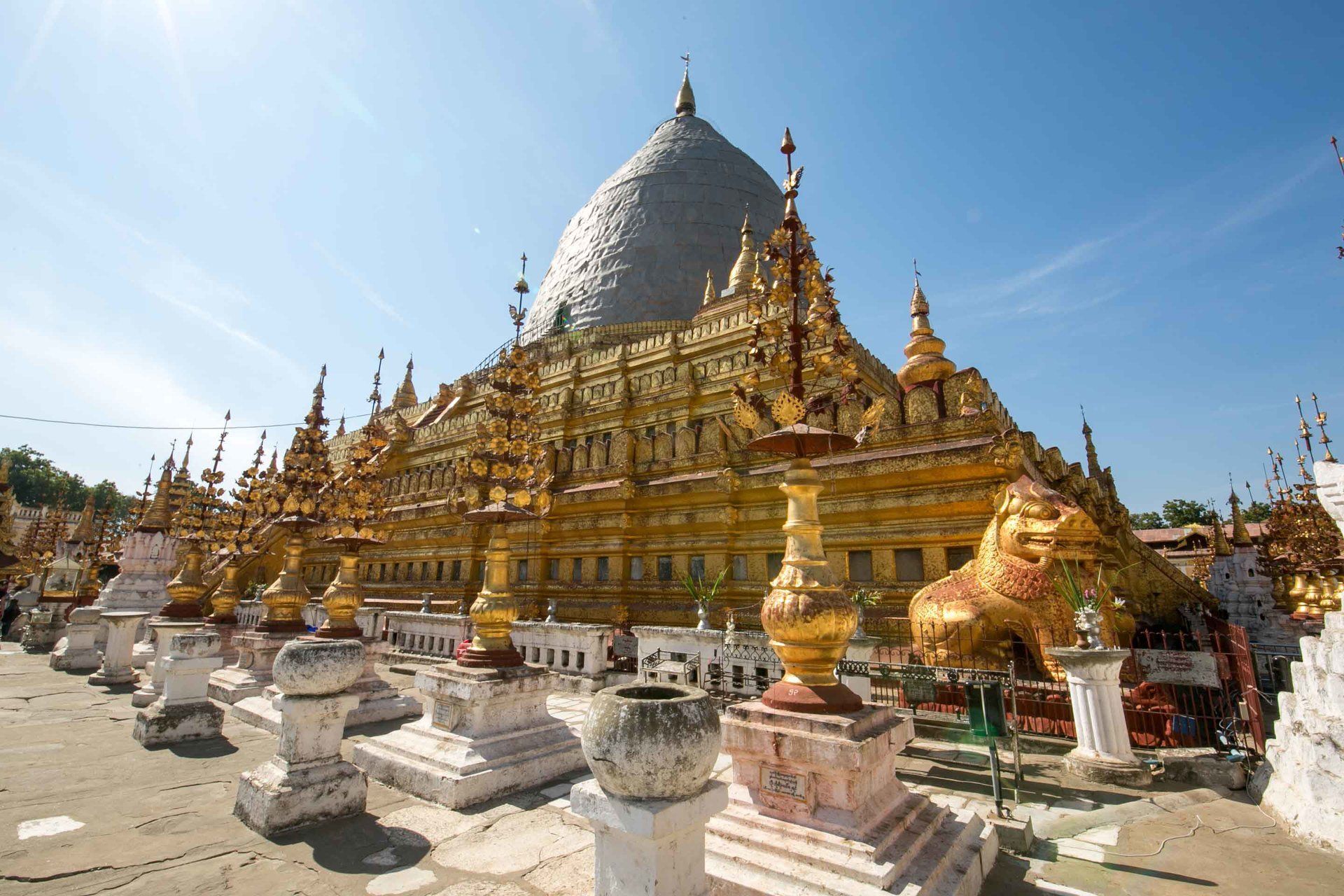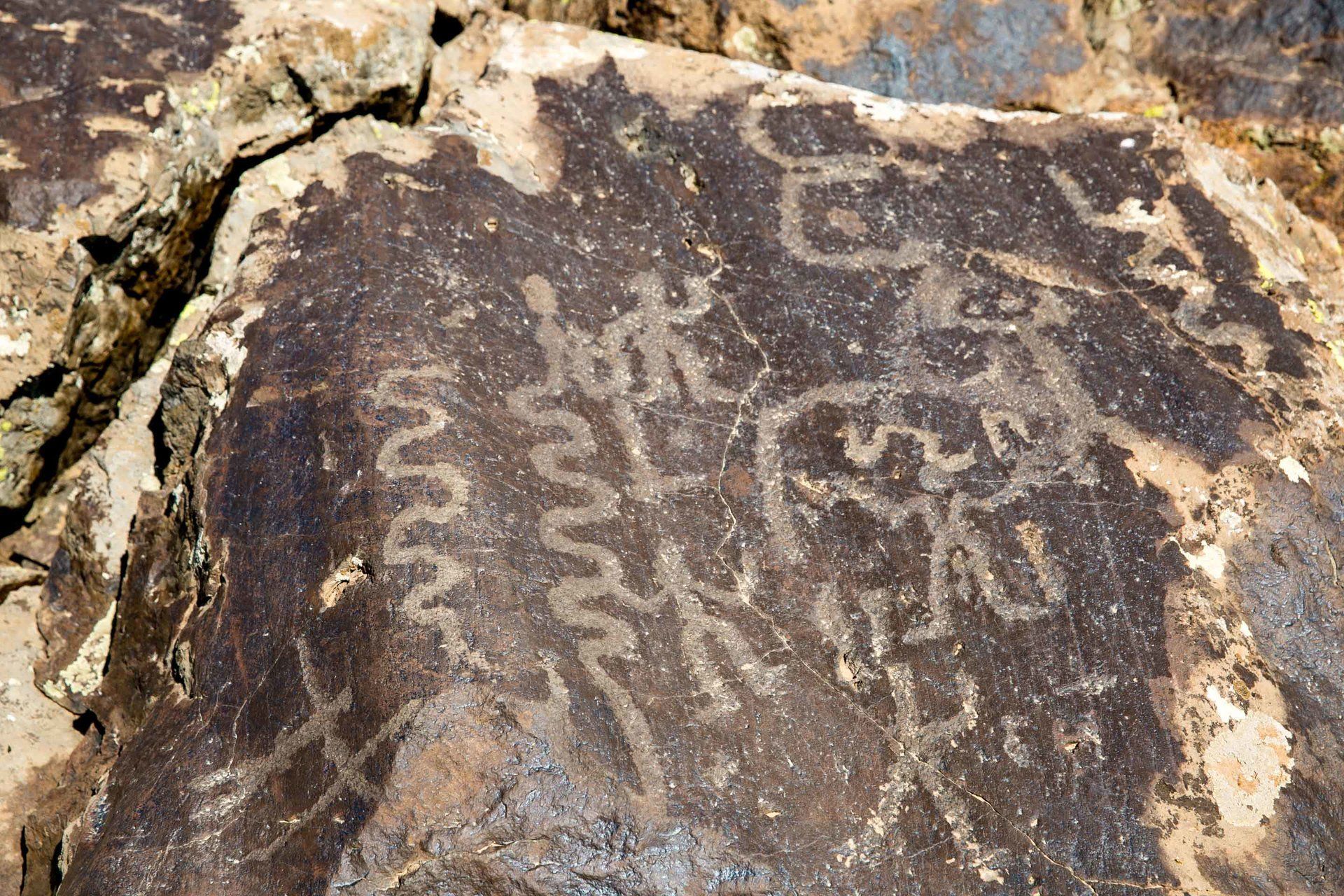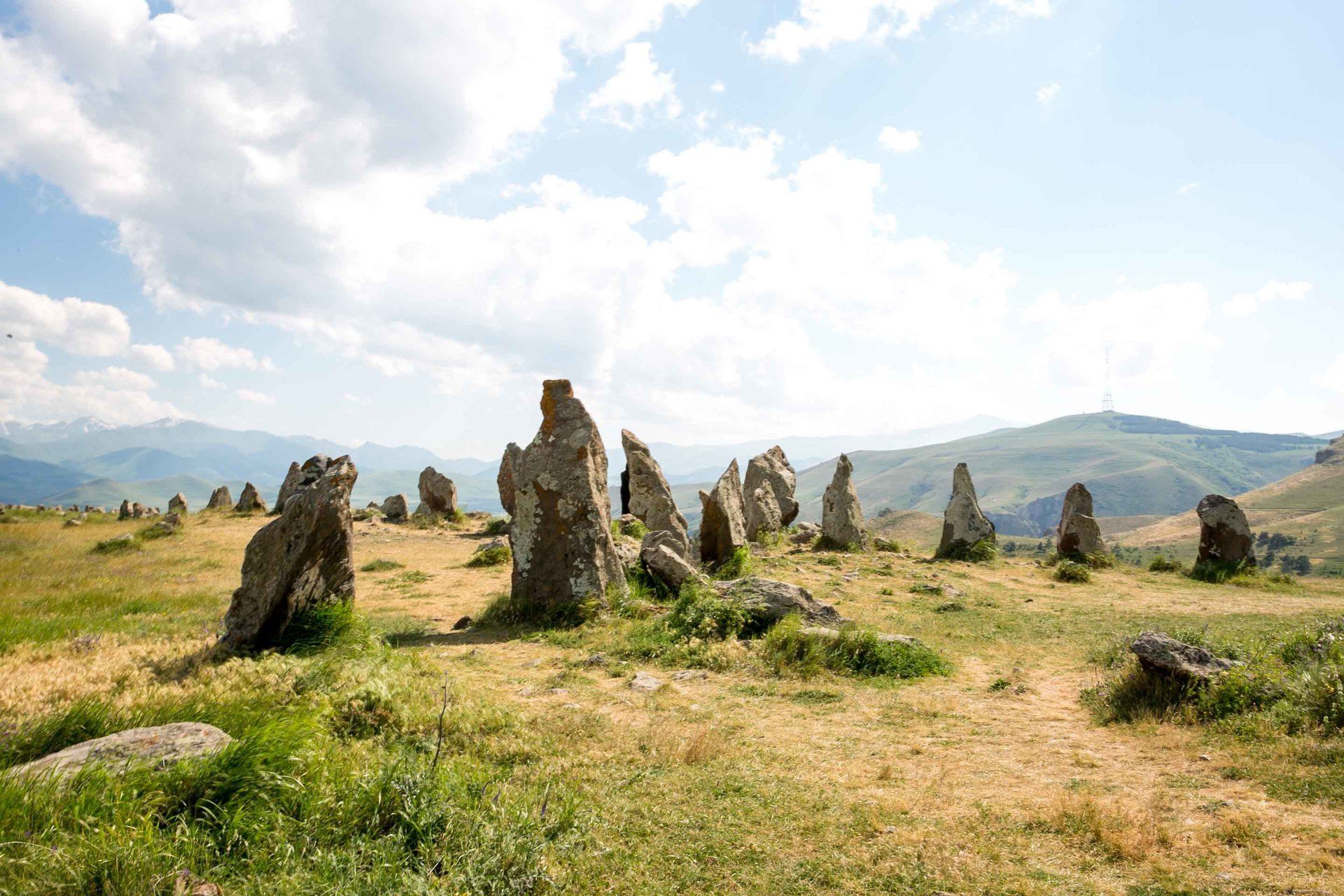Matagh: An Armenian Tradition of Helping the Poor
- By Thong Do
- •
- 27 Apr, 2017
- •
One of the more interesting cultural traditions I’ve learned about since living in Armenia is something called matagh. I first got a brief introduction into this when I showed up to work one day and my colleagues handed me a jar of meat. They told me the neighbors conducted matagh and gave them what turned out to be sheep meat. I didn’t really ask why the neighbors gave us the food since I just assumed it was just neighbors being friendly with each other.
Fast forward a few months and during the New Year I was taking photographs of people attending church when I noticed a couple of guys bringing a sheep on to the church grounds. I had an idea of what was going to happen to sheep since the Armenian New Year feast is overloaded with a lot of food. However, I didn’t think there was any cultural significance to it.
A few days ago I visited the world famous Geghard Monastery with my organization and on the outside grounds of the monastery I noticed a guy standing next a tied up sheep and a chopping block. I struck up a small conversation with him and he told me that he’d be sacrificing the sheep for matagh shortly. My language skills wasn’t as good enough to ask the details of what matagh was so I just waited until I could ask my colleagues. In the meantime, I got to witness my first butchering of a sheep. It was quite a visual experience to see and the entire process took about 20 minutes to complete. The butcher first slits the throat, then removes the head and feet, then places it on a meat hook and the skin is removed, then removes the organs, and then finally breaks down the carcass into small pieces.
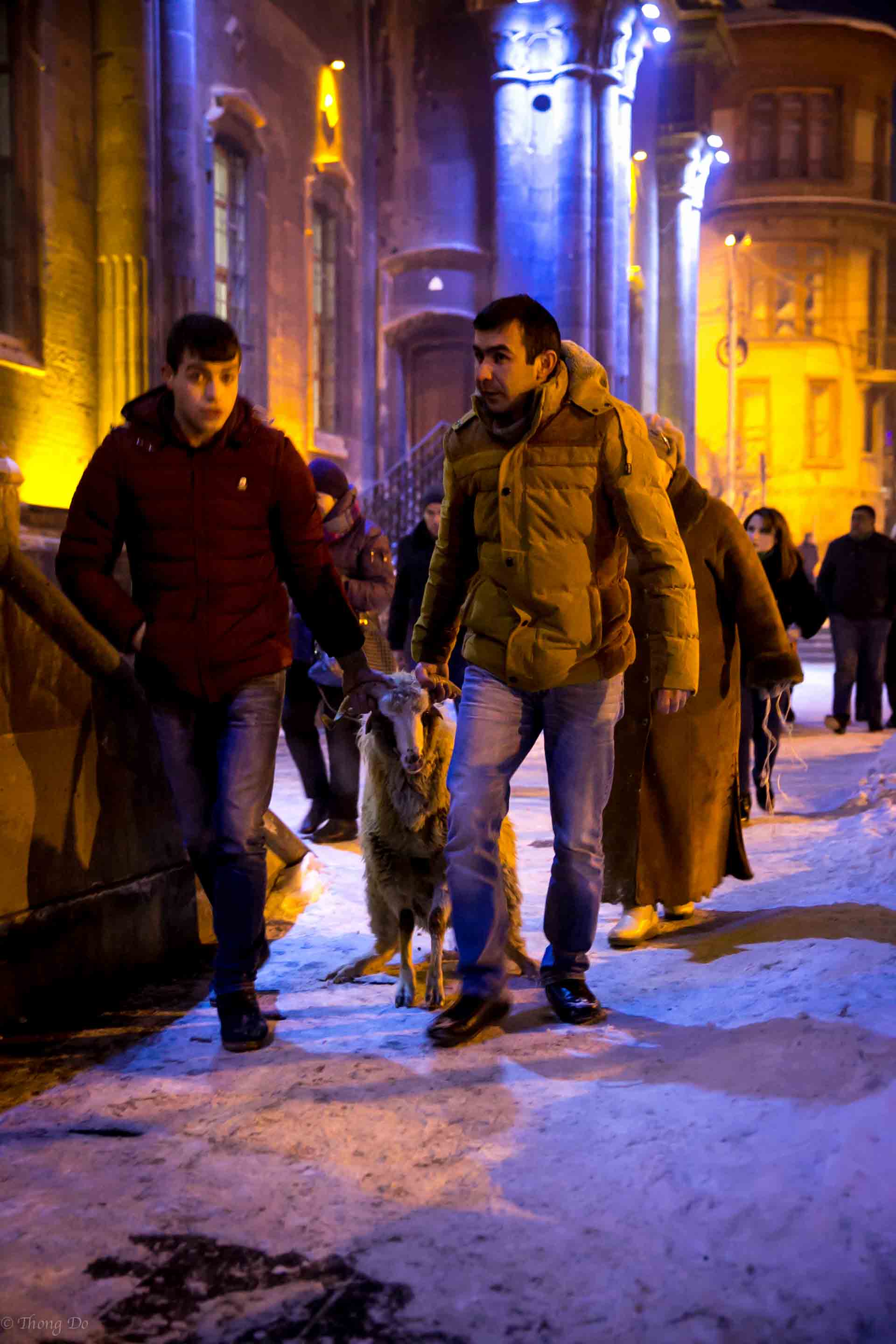
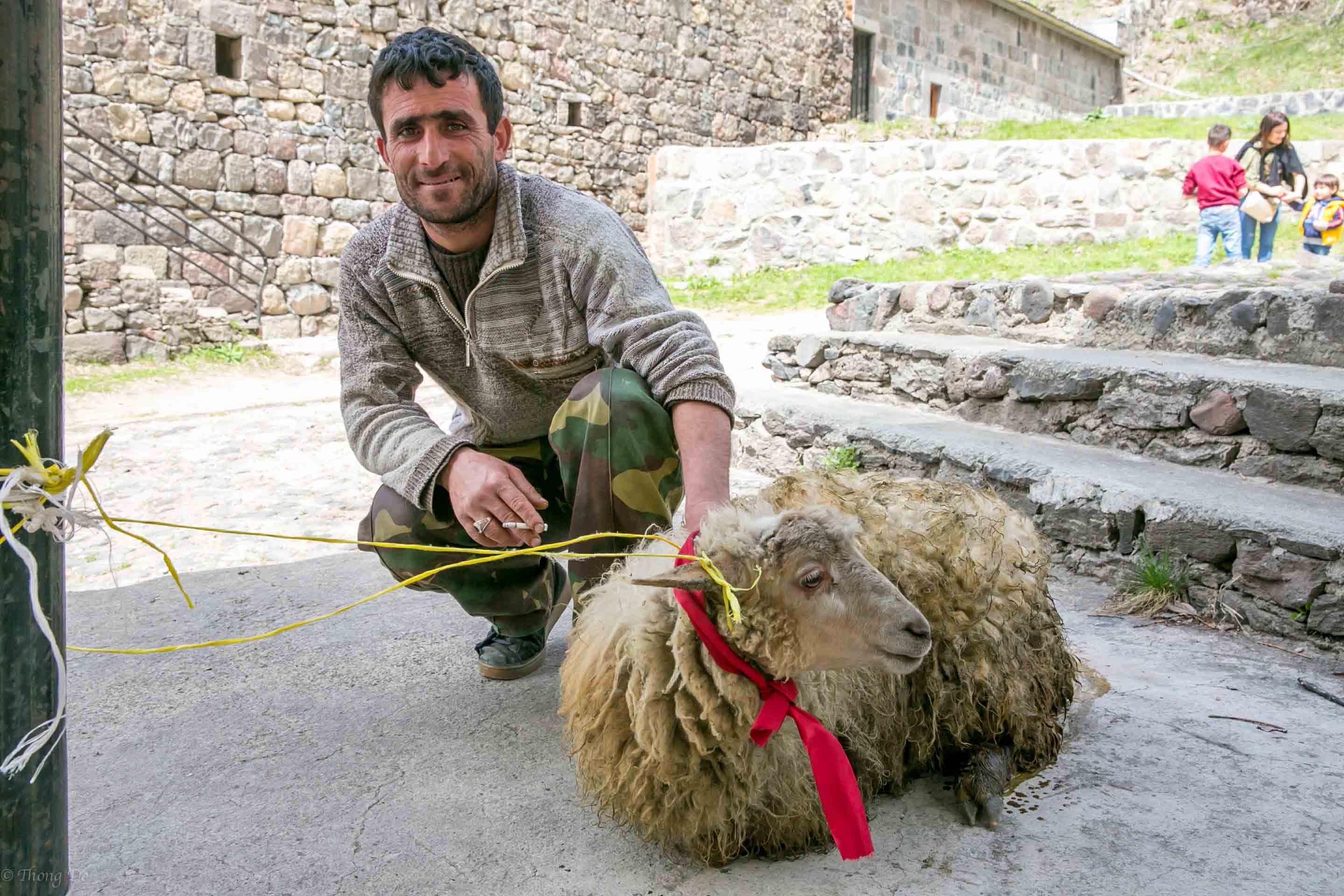
After talking to colleagues and doing a bit of research I found out that matagh has a long history in Armenia. It dates back to the times of St. Gregory the Illuminator, the Christian who was imprisoned for over a decade by King Trdat, but eventually converted the king and Armenia to Christianity. He then offered a thanksgiving sacrifice to God in the Church of St. John the Forerunner, in Taron, killing various animals and distributing them to the poor. Matagh is an offering, its meaning and symbolism is a gift to God, and giving assistance to the poor.
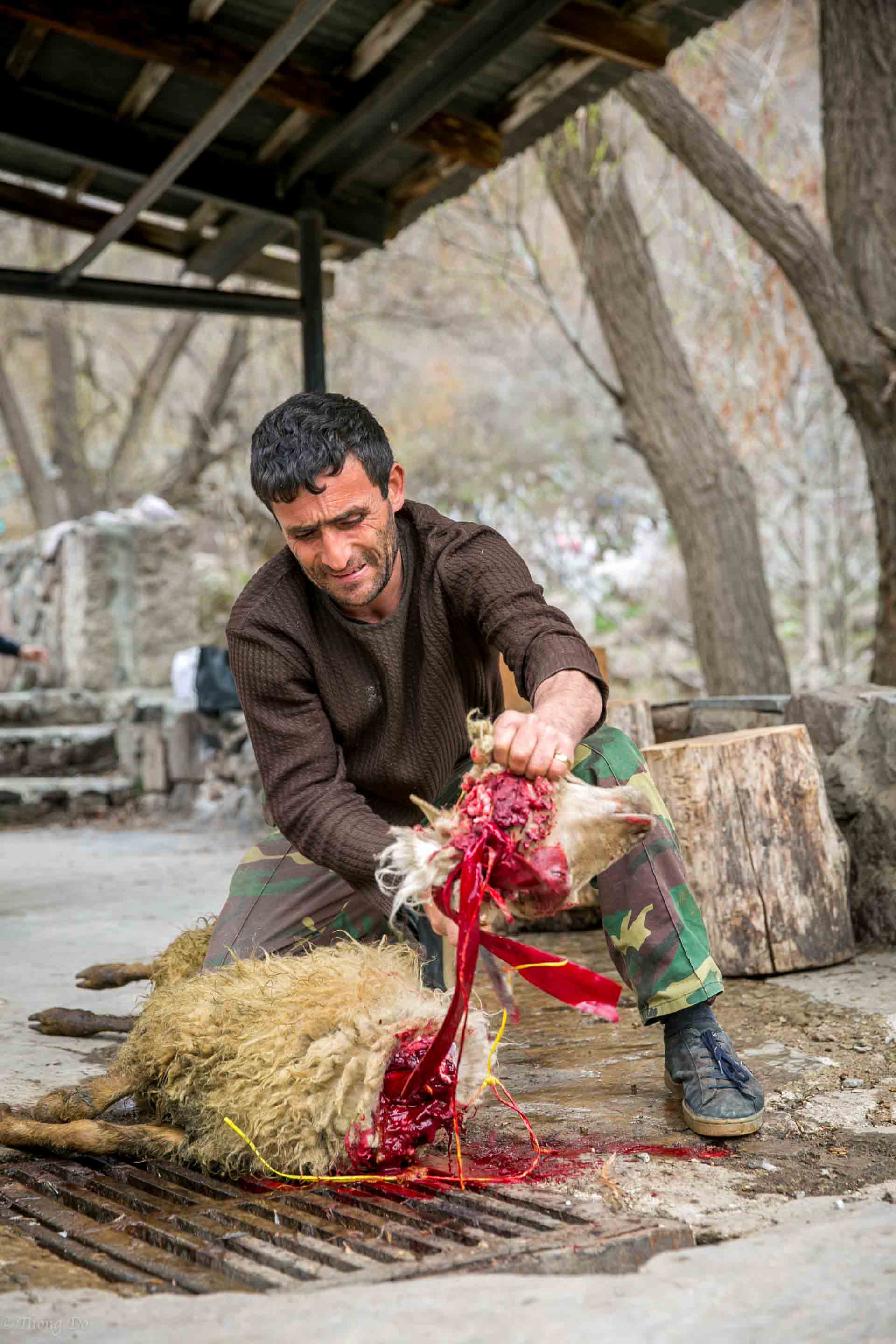
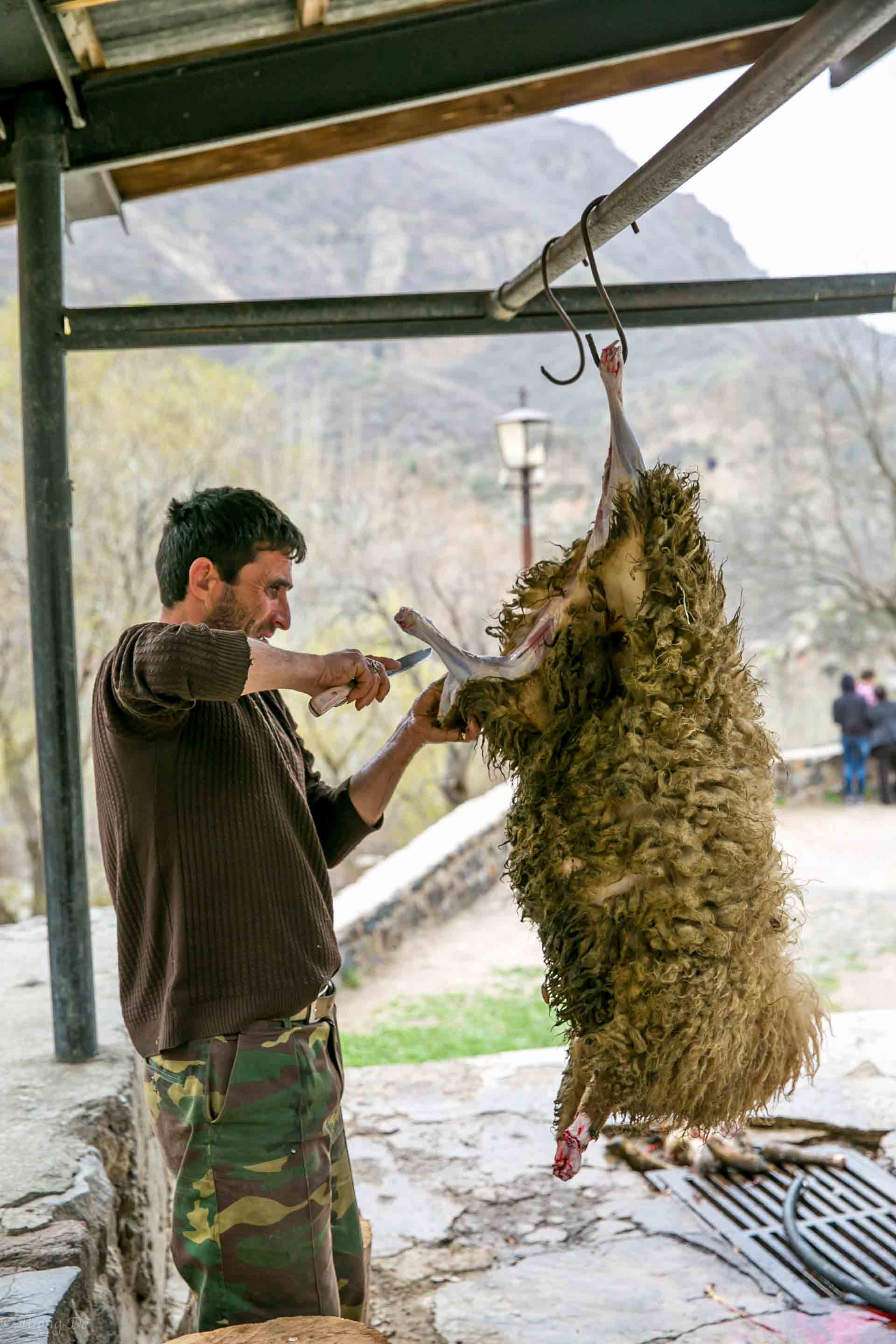
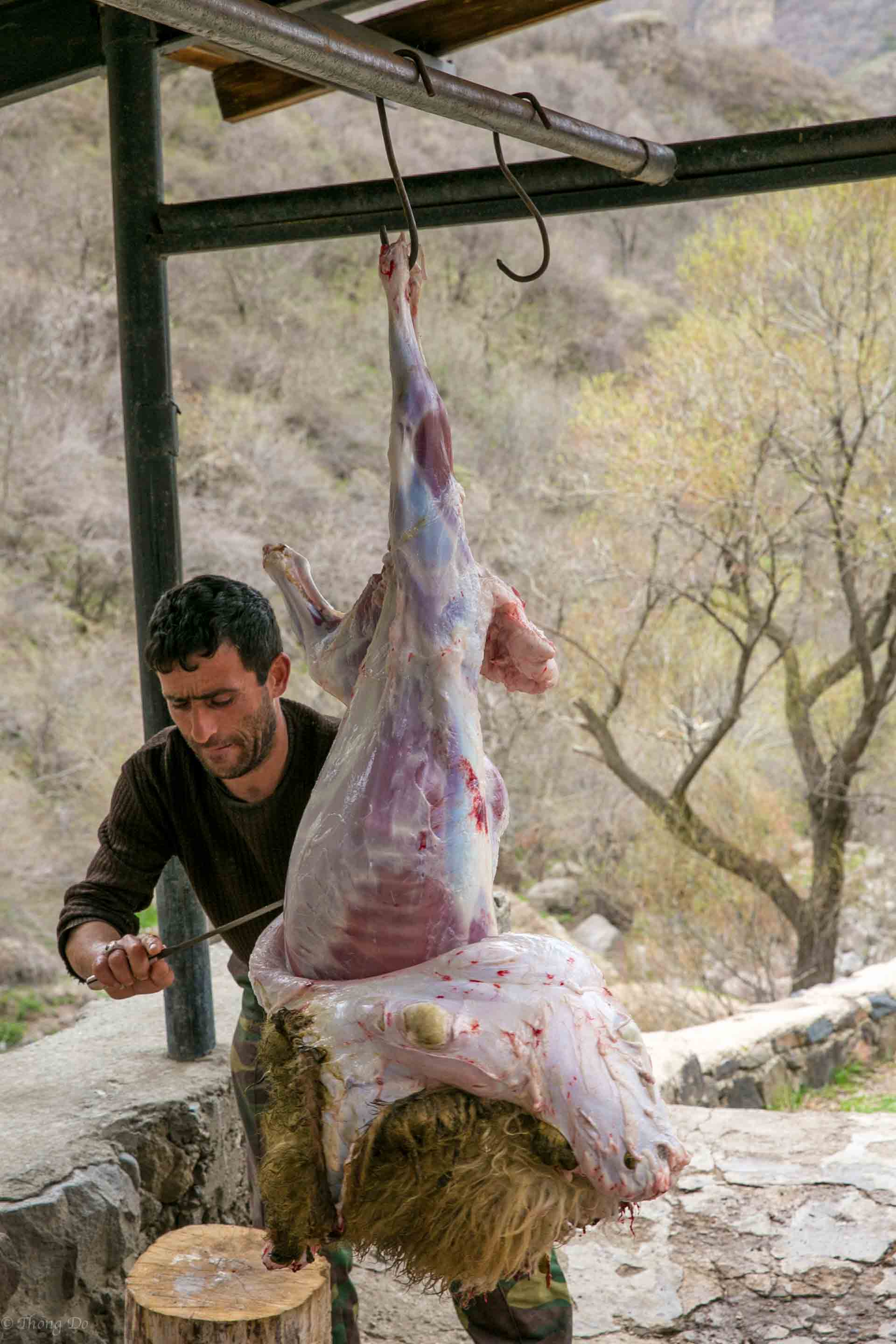
The offering is carried out as a gratitude to God for having saved someone from misfortune or recovery from poor health as well as a plea for the peace of the souls of the deceased. Since military service is compulsory for men once they turn 18, I found out that matagh is usually carried out when then their sons come home safely from their service. The other thing required for offering a sacrifice is a healthy male animal and salt.
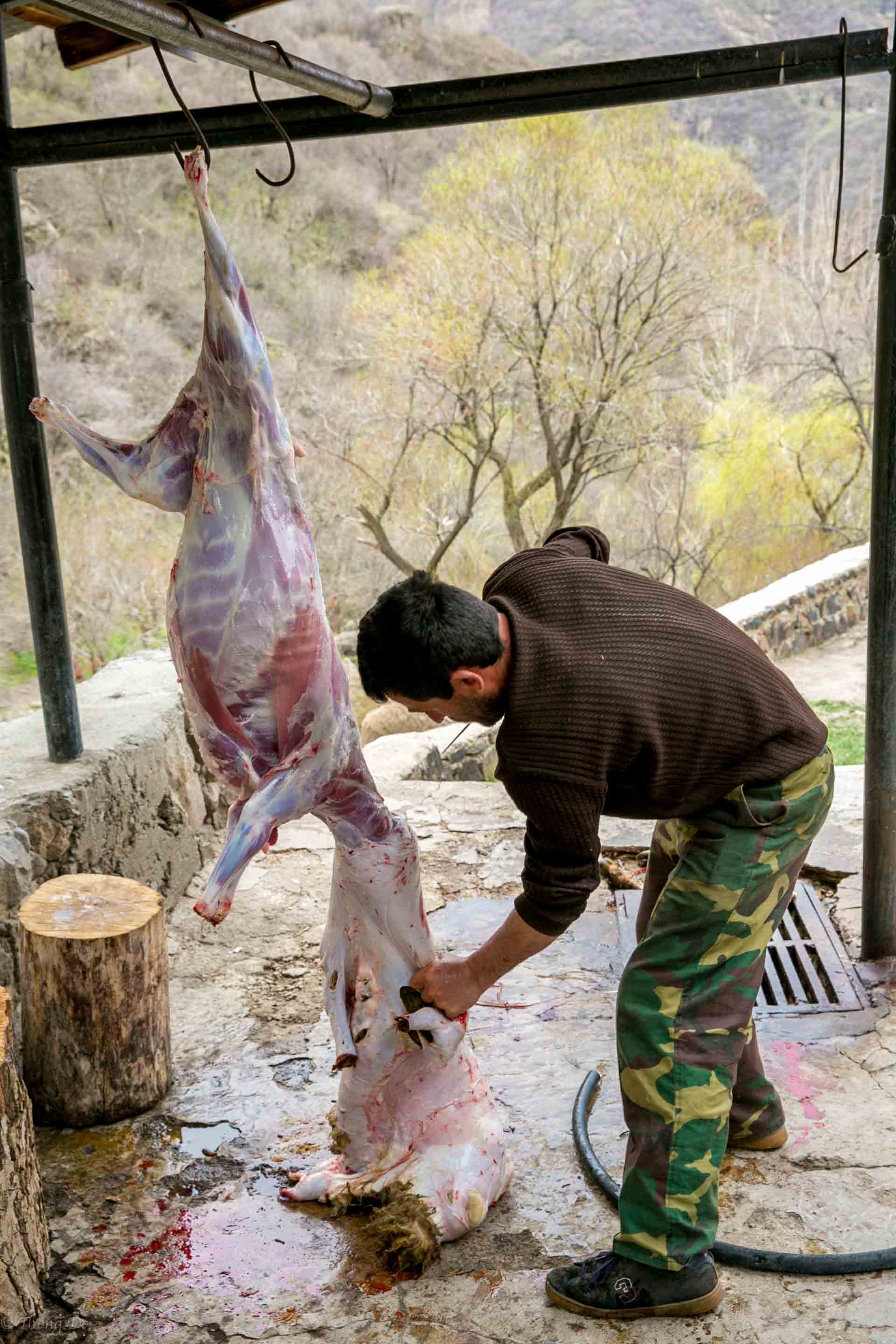
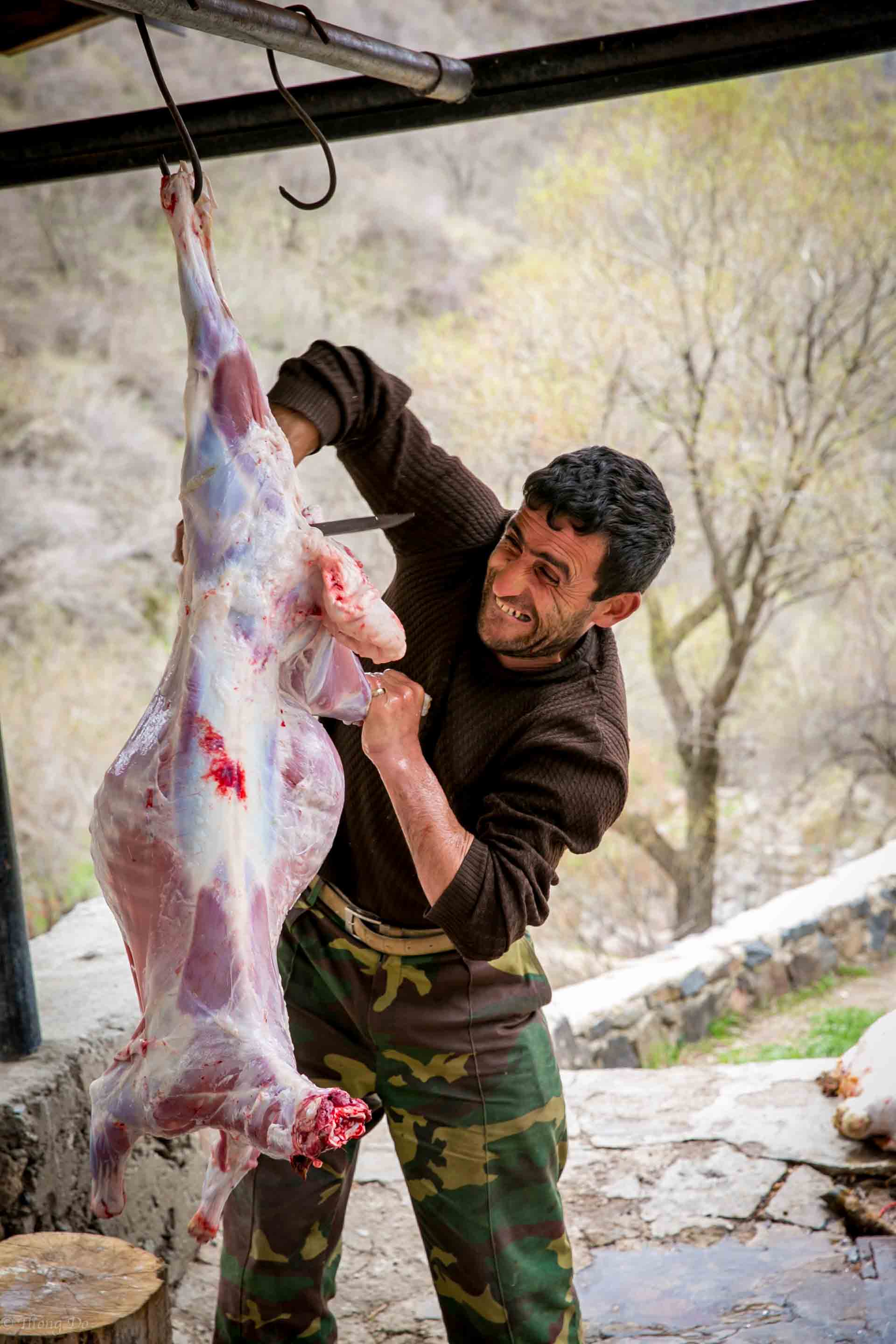
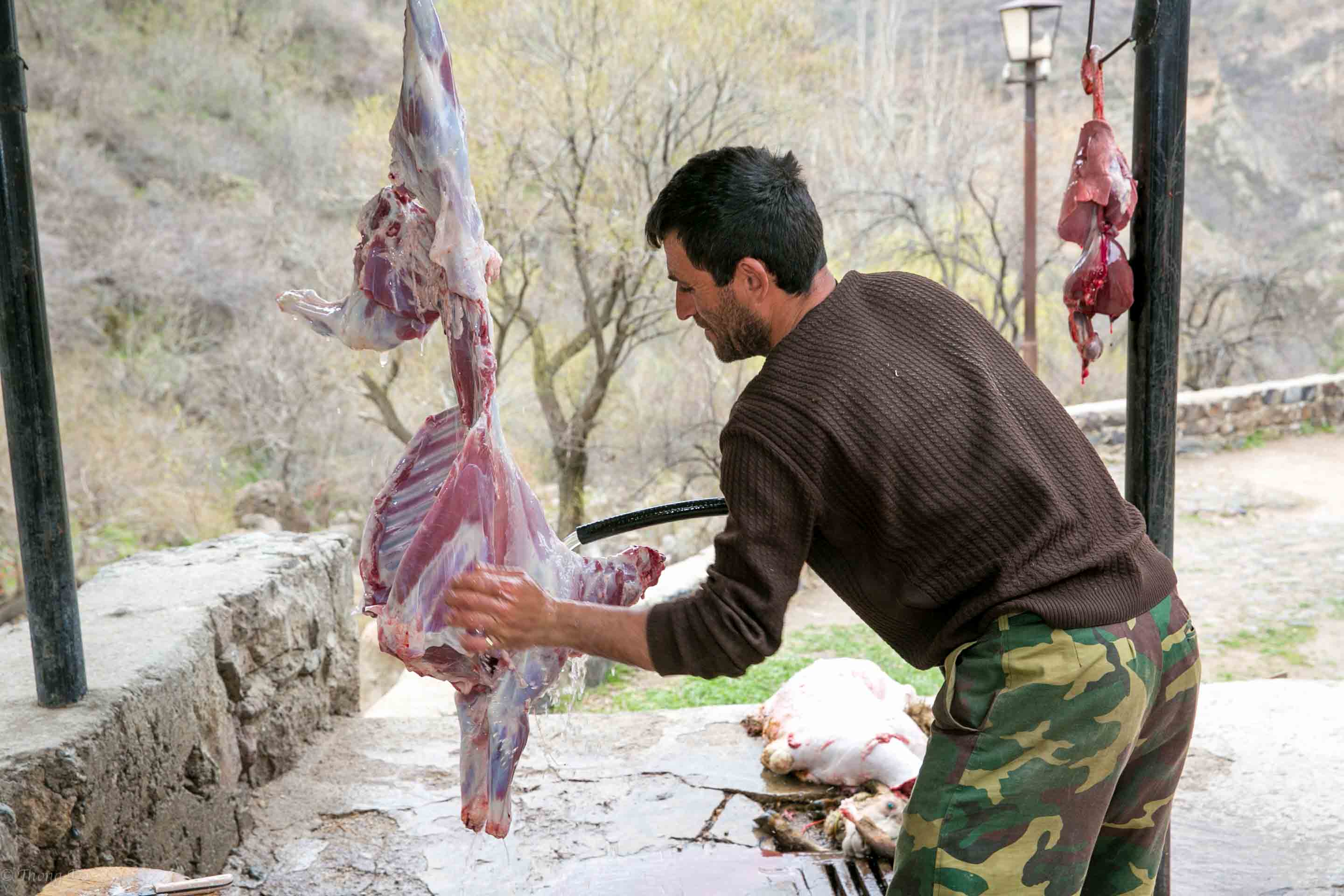
The animal to be sacrificed has usually been a lamb but it can be a cow, sheep, chicken or a dove. If the animal to be sacrificed is a cow, its meat is distributed to 40 houses. If the animal is a lamb or sheep, its meat is distributed to 7 homes. If the animal is a chicken, its meat is distributed to 3 houses. If the sacrifice is a dove, then it is set free. Once the animal has been sacrificed the meat must be cooked right away and distributed the same day and preferably eaten before sundown. A matagh offering is also cooked in a particular way. The salt must first be blessed and is also the key element that purifies the matagh and differentiates it from a pagan sacrifice. The meat is cooked in salted water. According the Armenian Apostolic Church, the origin of matagh comes from Abel, Noah, Abraham, Isaac, and other patriarchs. Christ Himself during the Last Supper ate the meat of the Easter lamb, which is considered to be matagh, handed down by the Prophet Moses. Matagh cannot be done 40 days before Easter and also cannot be performed on a Wednesday or Friday.
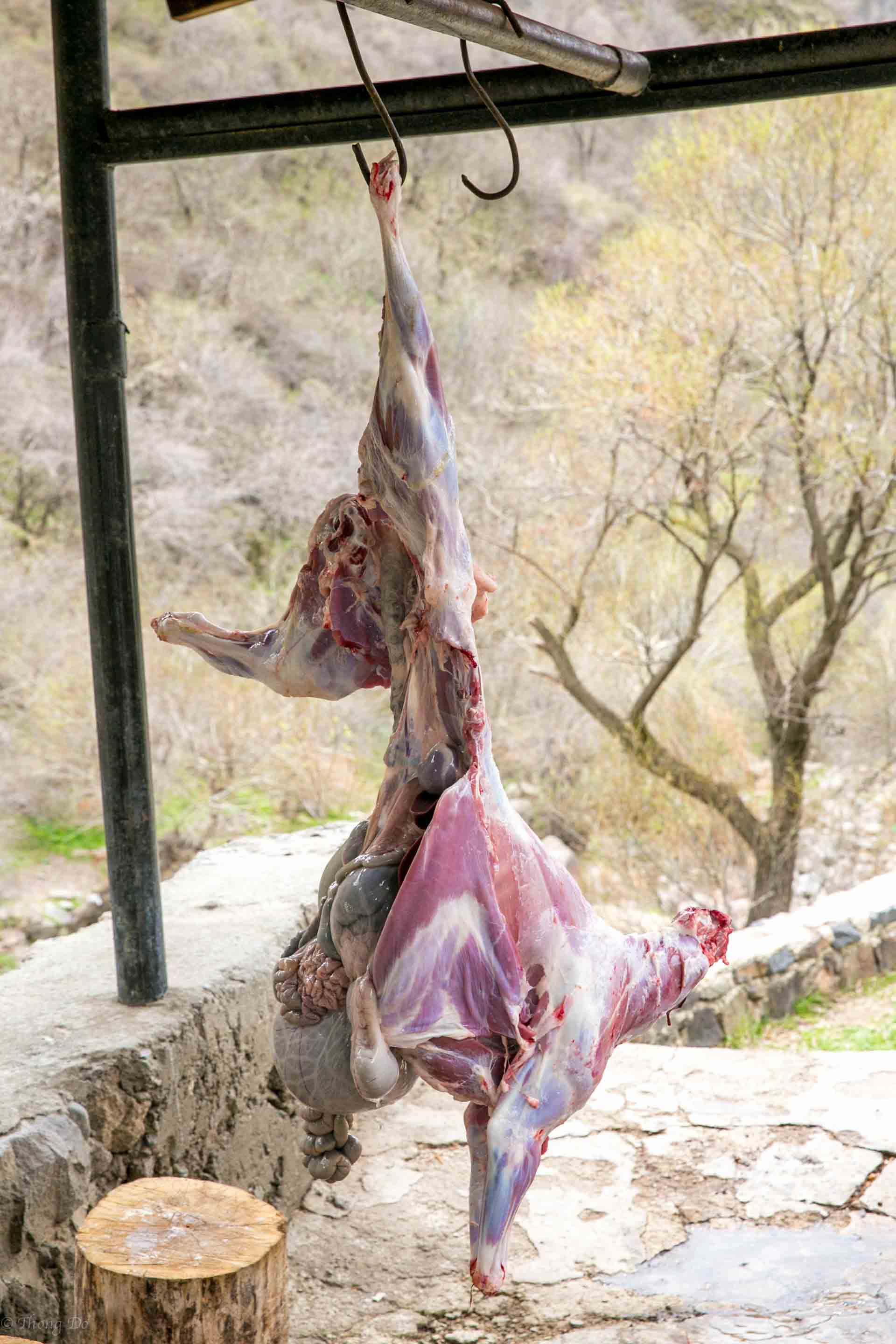
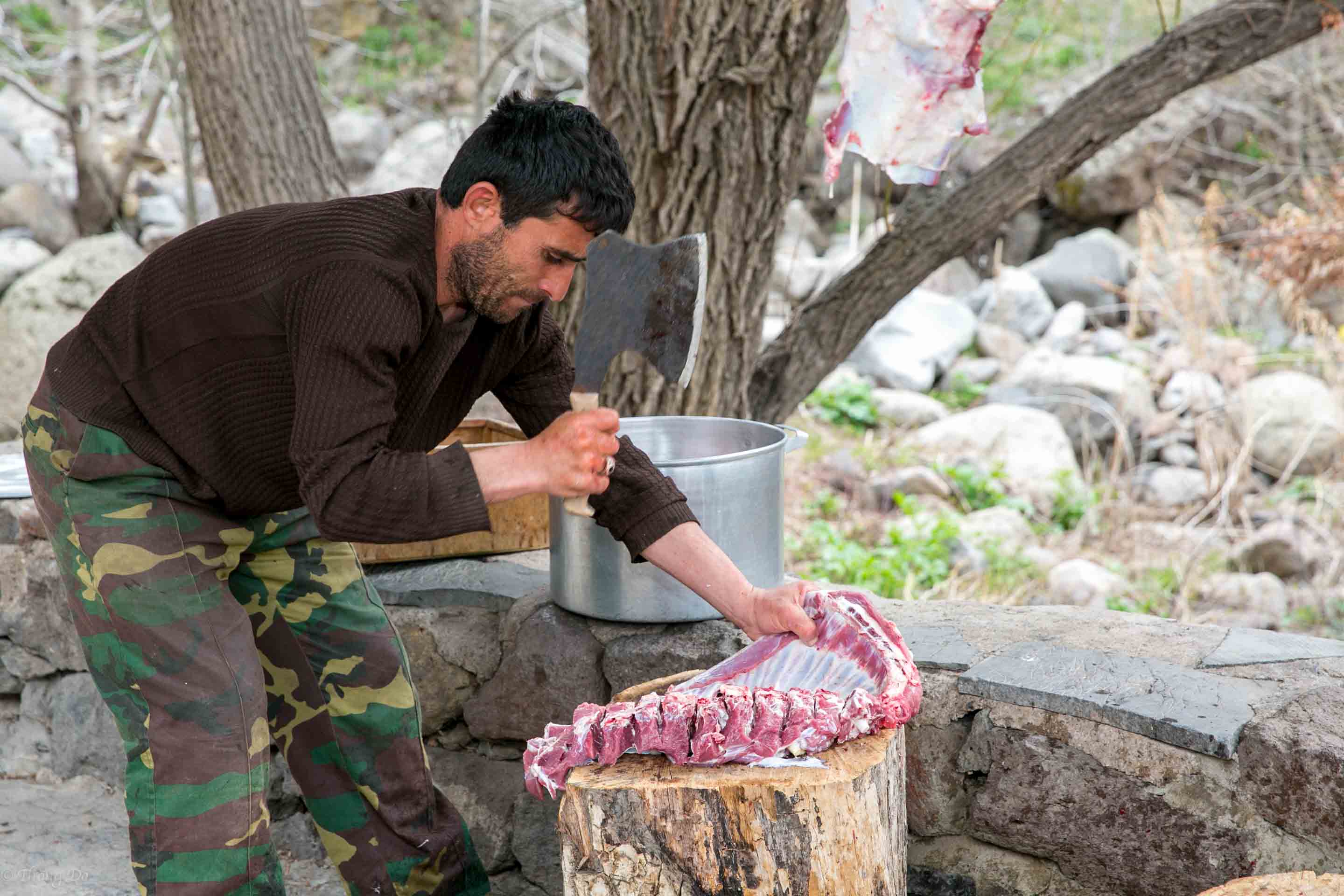
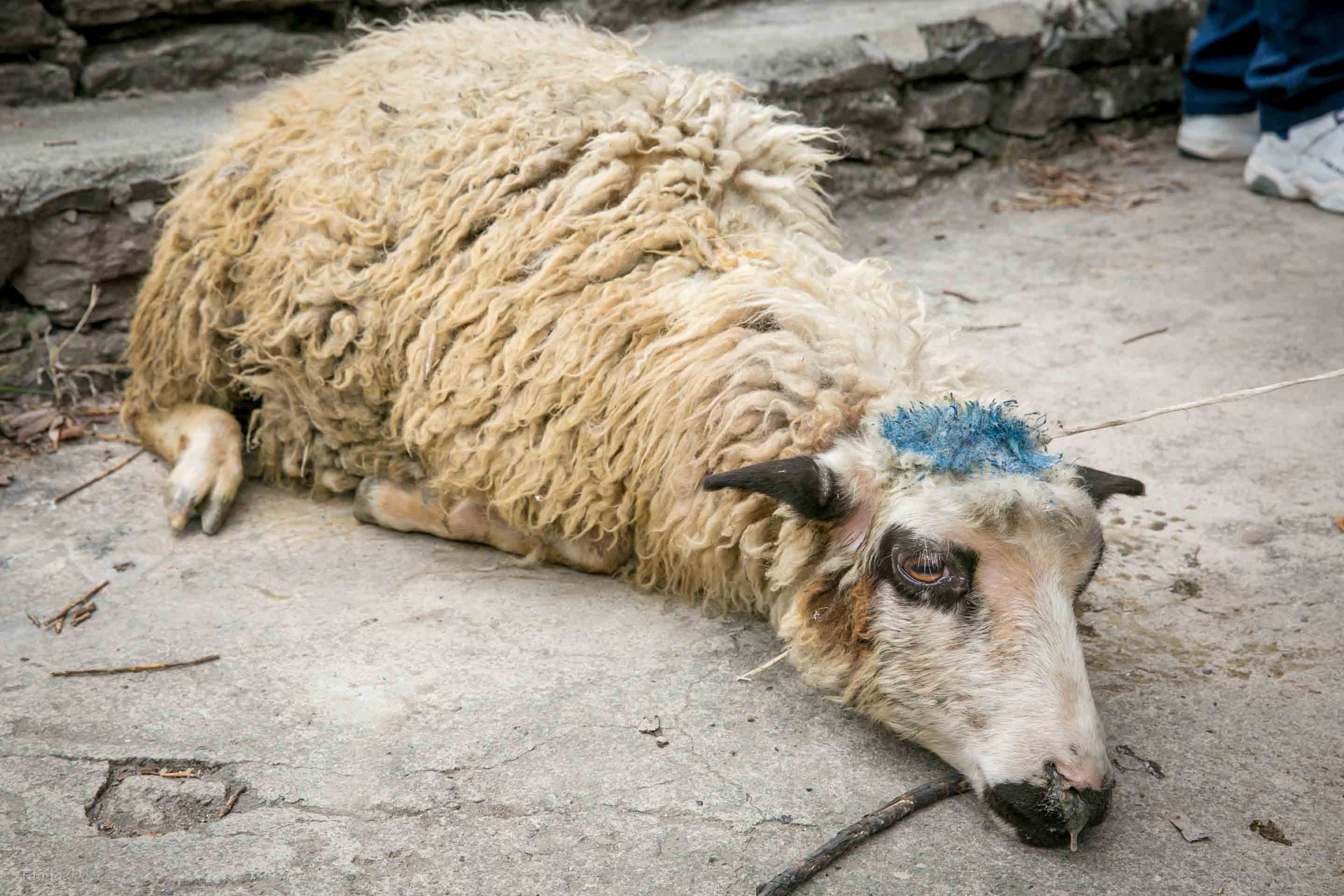
The location of matagh can take place on church grounds like I saw at Geghard Monastery or it can blessed at the church and taken home to be slaughtered. Once the animal has been blessed a ribbon is placed around the animal’s neck to symbolize its purification.
I’m glad I got to learn about this ancient Armenian custom because any act that advocates for the poor and needy should be recognized and applauded.
Happy traveling.
